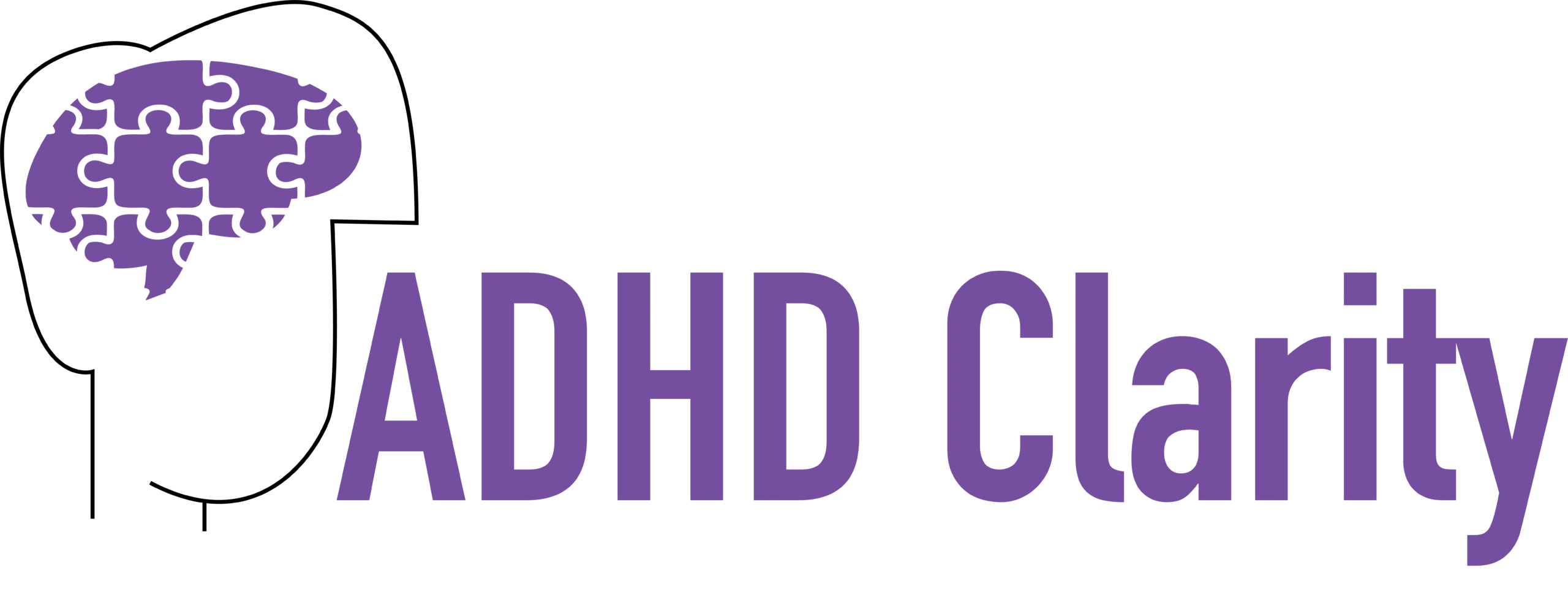ADHD in Children

ADHD (attention deficit hyperactivity disorder) is a neurodevelopmental condition that affects a child’s ability to regulate their attention, impulses, and activity levels.
This often leads to challenges in school and social situations, as they may struggle with impulsivity, restlessness, and maintaining attention. Early intervention and support are key in helping children manage ADHD symptoms and thrive.
At ADHD Clarity, our specialist team provides comprehensive assessments and tailored support strategies for children across the UK.
Common signs of ADHD in children
Attention difficulties
- Trouble sustaining focus on tasks or play activities
- Frequently losing or forgetting school materials
- Avoiding tasks requiring prolonged mental effort
Hyperactive behaviours
- Excessive fidgeting or squirming when seated
- Running or climbing in inappropriate situations
- Talking excessively and interrupting conversations
Impulsive actions
- Difficulty waiting their turn in games or classroom activities
- Blurting out answers before questions are completed
- Often intruding on others’ activities
These symptoms typically appear before age 12 and are noticeable across multiple settings.
How ADHD impacts daily life
Children with unmanaged ADHD may experience challenges with:
- Completing schoolwork and following instructions
- Maintaining friendships and social relationships
- Regulating emotions and frustration levels
- Developing organisational skills and routines
Early recognition and support can significantly improve these outcomes.
Our ADHD assessment process
ADHD Clarity follows rigorous diagnostic standards:
- Initial consultation to review developmental history and concerns
- Standardised questionnaires for parents and teachers
- Clinical observation sessions with the child
- Screening for co-occurring conditions like anxiety or learning difficulties
- Comprehensive feedback session with detailed recommendations
Treatment and support options
Behavioural approaches
- Structured daily routines with visual timetables
- Clear, consistent expectations and positive reinforcement
- Classroom adjustments like preferential seating
- Social skills training where needed
Medication management
When appropriate, our specialists may recommend:
- Stimulant medications like methylphenidate
- Non-stimulant options such as atomoxetine
- Regular monitoring of effectiveness and side effects
Family and school support
- Parent training programmes
- Teacher consultation sessions
- Assistance with education plans (EHCP/IEP)

